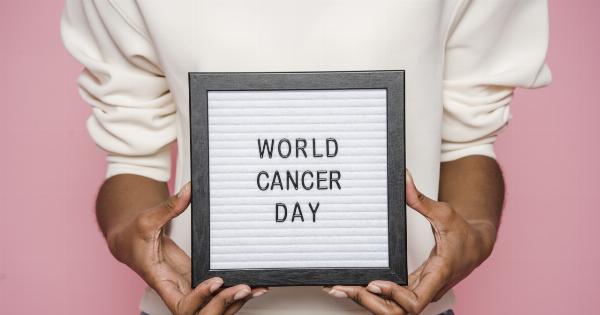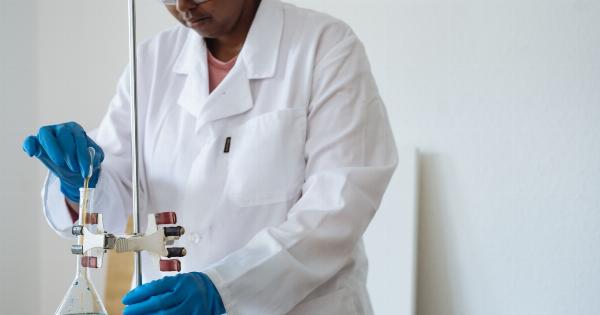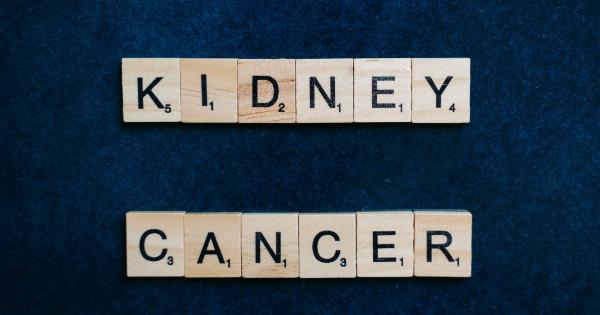Cancer is a life-threatening condition that affects millions of people around the world. It is a disease that occurs when cells in the body begin to grow uncontrollably and invade nearby tissues.
The signs and symptoms of cancer can vary depending on the type and stage of cancer, but early detection is key to successful treatment. In this article, we will discuss the most common signs and symptoms of cancer.
What Are the Early Signs of Cancer?
Early signs of cancer can be mild and easy to overlook, but they can also be persistent and cause discomfort. It’s important to remember that these symptoms can be caused by other conditions, too.
If you are experiencing any of these symptoms, consult your doctor:.
1. Unexplained Weight Loss
If you are losing weight without trying, it could be a sign of cancer. This occurs when cancer cells burn up much of the body’s energy supply, leading to weight loss.
2. Fatigue
Feeling constantly tired and weak even after getting a lot of sleep is another sign of cancer. Fatigue is a common symptom of many types of cancer, and it can be caused by the body’s immune system fighting the cancer cells.
3. Pain
Pain that doesn’t go away or gets worse over time can also be a sign of cancer. Persistent pain in a specific part of the body, such as the back, abdomen, or pelvis, can indicate an underlying health condition that needs to be addressed.
4. Skin Changes
Changes to the skin, such as redness, darkening, or yellowing, are also signs of cancer. Some changes can be subtle, like a new mole or a change in pigmentation. If you notice any changes to your skin, speak with your doctor as early as possible.
5. Changes in Bowel Habits
Changes in bowel habits, such as constipation or diarrhea, can indicate colon or rectal cancer. Other symptoms associated with bowel cancer include blood in the stool and abdominal pain.
6. Persistent Cough or Hoarseness
A persistent cough or hoarseness can be a sign of lung cancer or throat cancer. If you are experiencing these symptoms, see a doctor to rule out cancer.
7. Difficulty Swallowing or Digesting Food
If you have trouble swallowing, it could be a sign of esophageal cancer. This can also result in difficulty digesting food, a burning sensation in the chest, and unintended weight loss.
It is important for any symptoms related to swallowing to be evaluated, as they can indicate a serious issue.
8. Changes in Urination
Changes in urination, such as pain or a sense of urgency, accompanied by changes in frequency or amount can indicate prostate or bladder cancer.
Individuals who experience these symptoms should speak to a doctor for an evaluation, as early detection is key to successful treatment.
9. Abnormal Bleeding
Bleeding from the rectum, vagina, or urine can be a sign of cancer. Other types of bleeding, such as from a wound that doesn’t seem to stop or excessive bleeding during menstruation, should also be evaluated.
10. Lumps or Bumps
Lumps or bumps on the skin, in the breast, or in the neck can be a sign of cancer. If you notice any new or unusual lumps or bumps, see your doctor right away for an evaluation.
It’s important to note that the signs and symptoms listed above are not exclusive to cancer. They can also be symptoms of other medical conditions.
If you are experiencing any of these symptoms, speak with your doctor to determine the underlying condition. When caught early, cancer is treatable. Regular cancer screening is advised for individuals over a certain age and with certain high-risk factors.



























